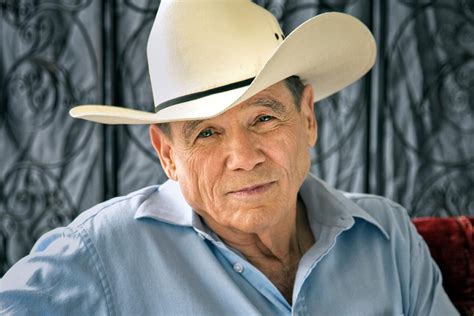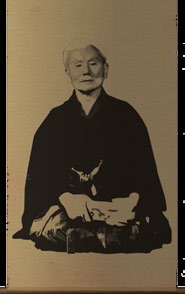A Quote by John Hodgman
There's a tradition in American fiction that is deadly serious and earnest - like the Steinbeckian social novel.
Related Quotes
Like no other writer in contemporary American literature, Brock Clarke has a way of looking at us, I mean looking straight at us--warts, lots of warts, and beauty and hypocrisy and love, too, the gamut. And hes done it again in this brilliant The Happiest People in the World, a novel that is as hilarious and thought-provoking as it is ultimately, deadly, deadly serious. I for one am grateful hes out there--watching our every move.
There's the fact that American fiction is basically the most apolitical fiction on the globe. A South American writer wouldn't dare think of writing a novel if it didn't allude to the system into which these people are orchestrated - or an Eastern European writer, or a Russian writer, or a Chinese writer. Only American writers are able to imagine that the government and the corporations - all of it - seem to have no effect whatsoever.
The Anglo-American tradition is much more linear than the European tradition. If you think about writers like Borges, Calvino, Perec or Marquez, they're not bound in the same sort of way. They don't come out of the classic 19th-century novel, which is where all the problems start. 19th-century novels are fabulous and we should all read them, but we shouldn't write them.


































